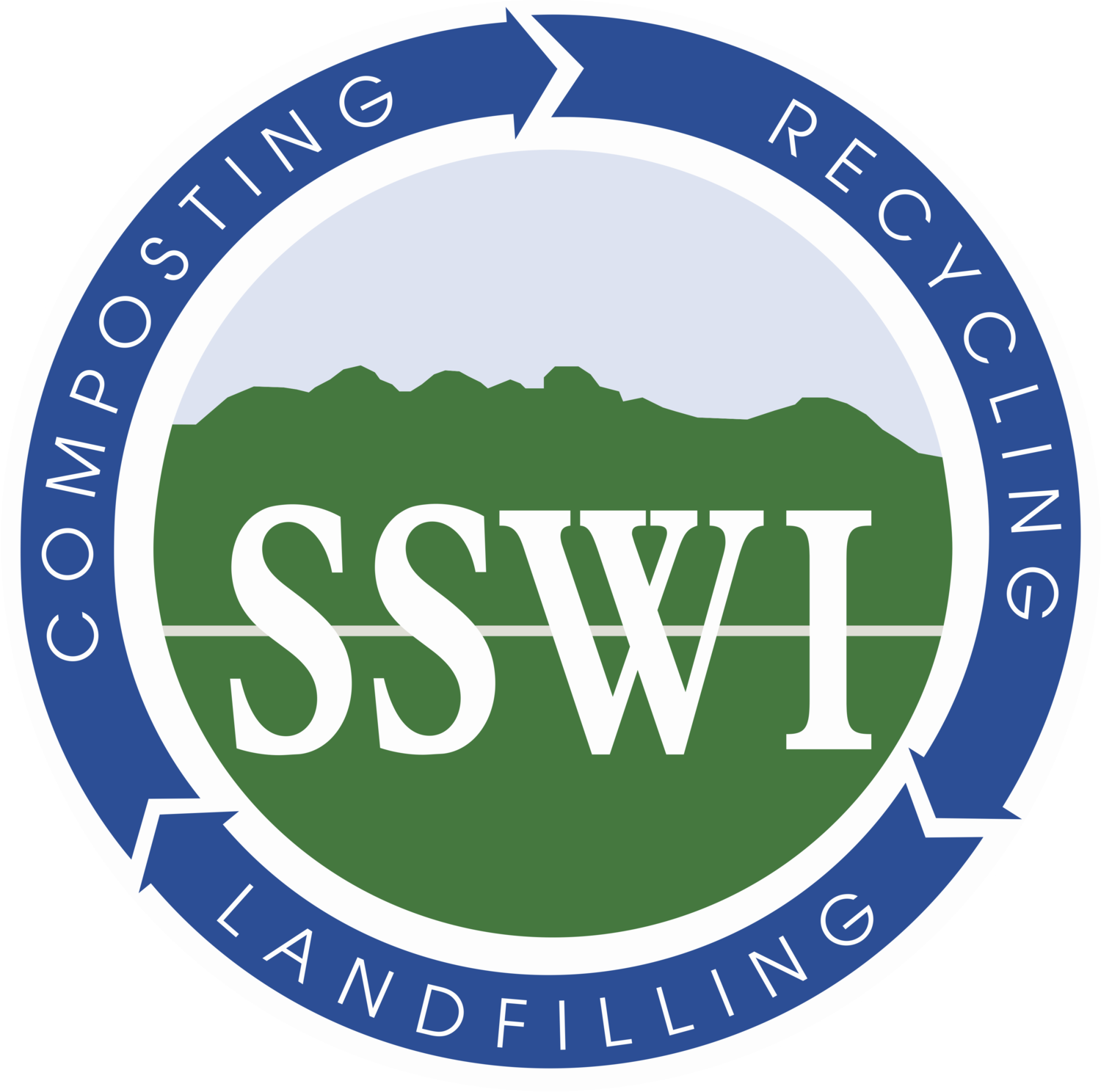For Earth Month, SSWI is starting a series called “Good News!” where we will share some positive environmental success stories from around the globe.
This week we are focusing on single-use plastic bans around the world.
What are Single-USe Plastics and How Are They Harmful?
Single-use plastics are plastics that are used once and then thrown away. This includes plastic bags, plastic cutlery, plastic cups, etc. These products are very wasteful as they are often used for a short amount of time but they essentially last forever. Also, they often end up littering our environment and harming marine life. The good news is we have many alternatives to single-use products! It’s as easy as bringing reusable totes to the grocery store, or carrying your water bottle around with you. These simple actions can protect the environment and the wildlife that we share it with.
plastic bans around the world
In 2017 Zimbabwe banned expanded polystyrene containers (similar to styrofoam), which was responsible for clogging the sewers and when burned resulted in air that was toxic to breathe.
France banned plastic bags 5 years ago, and has since banned plastic cups, plates, and cutlery.
Australia has seen an 80% reduction in plastic bags since two large supermarkets chains stopped using them in 2018.
Peru banned plastic bottles on the beach, in order to protect a vulnerable environment from litter.
Many countries have made the move away from single-use plastics just this year, including the EU and China. The EU has banned plastic straws, plates, and cutlery as part of a directive called the European Plastics Strategy aimed to protect the environment and reduce marine litter. China has introduced a plan to stop using plastic bags by the end of this year and to have a nationwide ban on single-use plastics by 2025. Canada has released their plan to ban single-use plastics as early as 2021.
This movement away from plastics has been slower in the U.S., although some states have taken the initiative and introduced bans. In 2014 California banned the use of plastic bags at large retail stores. In all four counties that make up the state of Hawaii there is a plastic bag ban in effect. Most recently, New York placed a ban on plastic bags used in grocery stores and other retailers.
How can you help?
The first step to large-scale change starts with one person, you! Take some time to determine where in your life you use single-use plastic and find alternatives. Often times reducing your plastic waste can save you money and result in a healthier lifestyle.
Once you have started doing this, share your journey with your family, friends, and neighbors. You might inspire them to do the same! You can also reach out to local business and ask them to consider alternative packaging options.
Once your community is engaged in the issue, together you can create policy changes and become a part of the global movement away from single-use plastics.

